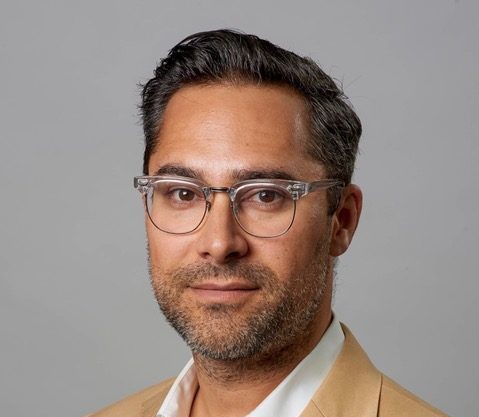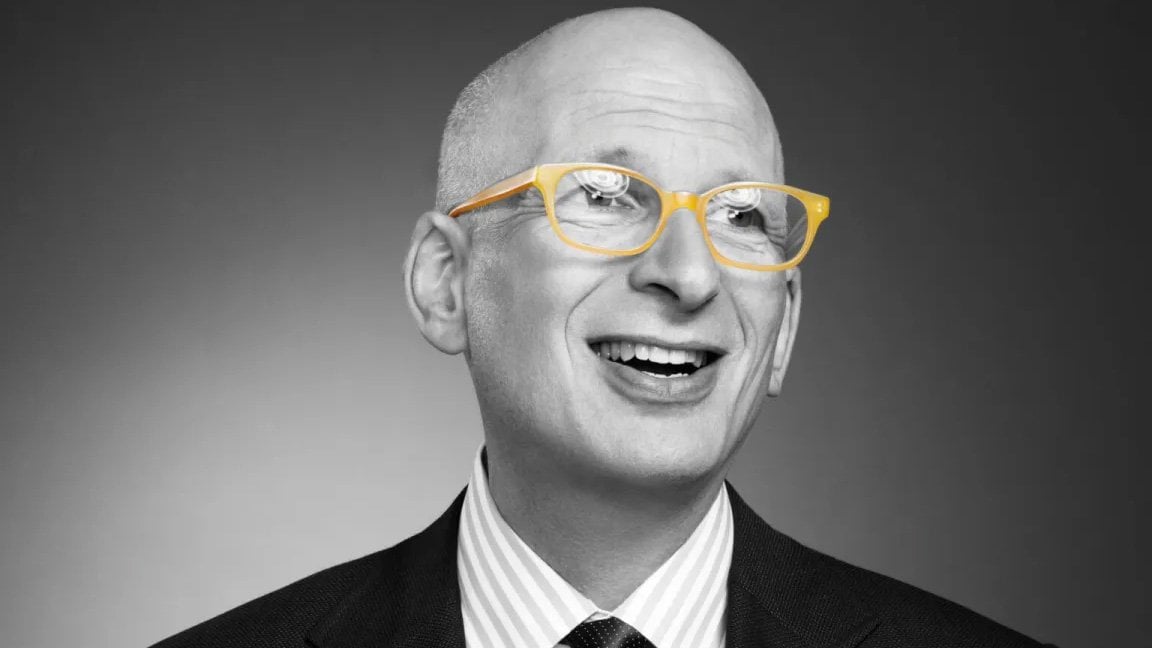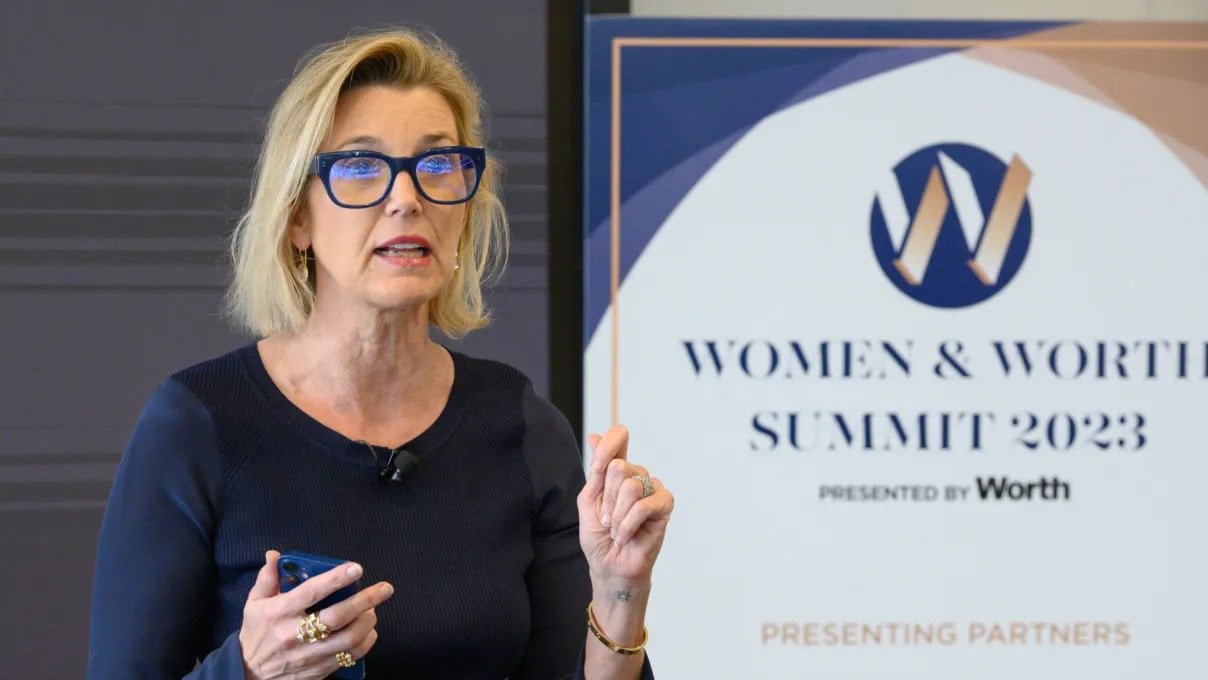Note: Mike Arauz, co-founder of consulting company August Public, will be among the speakers at Techonomy 2018 next month in Half Moon Bay, California. He will be speaking with Mark Raheja about how to design a modern organization.
Larry Fink, CEO of BlackRock, started 2018 with a provocative challenge to the CEOs of the world’s biggest and most influential companies: what’s your purpose? As Fink framed it in his open letter, companies need to have a compelling long-term vision for how their businesses will sustainably benefit all of their stakeholders, including shareholders, employees, customers, and the community.
The idea that a higher purpose can play an essential role in driving business performance is not new. Johnson & Johnson’s credo has pledged to put “doctors, nurses and patients, mothers and fathers and all others who use our products and services” first since 1943. Microsoft’s mission to put “a computer on every desk and in every home” fueled the company’s unprecedented rise. Google followed suit and set its course with a commitment to “organize the world’s information and make it universally accessible and useful.” Jeff Bezos has been telling us that it’s “all about the long game” since his first shareholder letter in 1997. CVS Health quit selling cigarettes in 2014. Patagonia is setting a new standard for what it looks like for a company to truly serve a social purpose with its deeply considered, environmental activism. And global business movements, like B-Corporation, in which companies structurally commit to themselves and to shareholders that social good is central to their mission, light the path to make it easier for companies and investors to know what “good” looks like.
When we consider the challenges faced by people around the world today, it’s clear that the sustainable health and continued progress of humanity depends on whether or not the organizations at the center of the global marketplace base their decisions on more than just their next quarterly earnings.

But if steering a business toward the betterment of humanity feels too altruistic—or maybe just too daunting—here’s another compelling reason why a company’s purpose should be guiding its most critical strategic and operational decisions. A clear and compelling purpose can unlock your organization’s ability to sense and respond to emerging challenges and opportunities.
Adaptivity—the ability to change oneself in response to changing conditions—is the result of the interplay between two essential ingredients: a unifying purpose and continuous experimentation in the service of that purpose. Evolution in nature is probably the most profound and obvious example. Nature has tried an infinite number of genetic experiments, replicating the ones that lead to more life, and discarding those that don’t.
Today, organizations of scale are facing a similar challenge. Huge successes pop up seemingly overnight, and companies that seemed invincible fall just as quickly. In mid-2018 General Electric was dropped from the Dow Jones Industrial Average after over 100 years. Meanwhile, it took Facebook just 5 years to reach its first $1 billion in market cap, and in July 2018 it took just 24 hours for it to lose $119 billion of that stockholder value. The pace of change has become relentless, and its impact can decide your company’s fate.
So how can organizations successfully respond to change? There is no easy answer to this question, but a clear and compelling purpose is a one of the most underappreciated tools leaders have to address it.
Innovation depends on experimentation. But unfettered experimentation without a unifying purpose is chaos. It probably means that everyone is trying randomly different things without any reference point to know if what they’ve tried is effective. Having a clear purpose, however, helps a leader trust the people in the organization. Purpose creates the opportunity to empower people—inside and outside an organization—to explore solutions beyond the bounds of its bureaucracy.
Imagine if you could trust that every employee at your company had a deep understanding and connection to your company’s purpose? Imagine all the untapped creativity and innovation in the minds of your employees and customers that otherwise goes wasted, because they don’t have the freedom or authority to try something. When a company knows what its purpose is, it expands its appetite for risk and makes experimentation safe.
The idea of purpose as a keystone to building and growing a sustainable business is here to stay. As many leaders are already beginning to realize, this is good for the world and it’s good for business. The secret that only some leaders are discovering, however, is that the purpose of purpose is even bigger, more pragmatic, and more useful than we think.
Purpose is so much more than good PR and a way to signal culture change. Purpose is a way to liberate untapped creative potential in your organization. Purpose tells you who you are and where you’re going. Purpose unlocks adaptivity and gives your business the ability to thrive in the face of uncertainty.
Mike Arauz is a co-founder of consulting company August Public. He will be among the speakers at Techonomy 2018 next month in Half Moon Bay, California.
What’s the Purpose of Purpose?
A clear and compelling purpose can unlock your organization’s ability to sense and respond to emerging challenges and opportunities.















